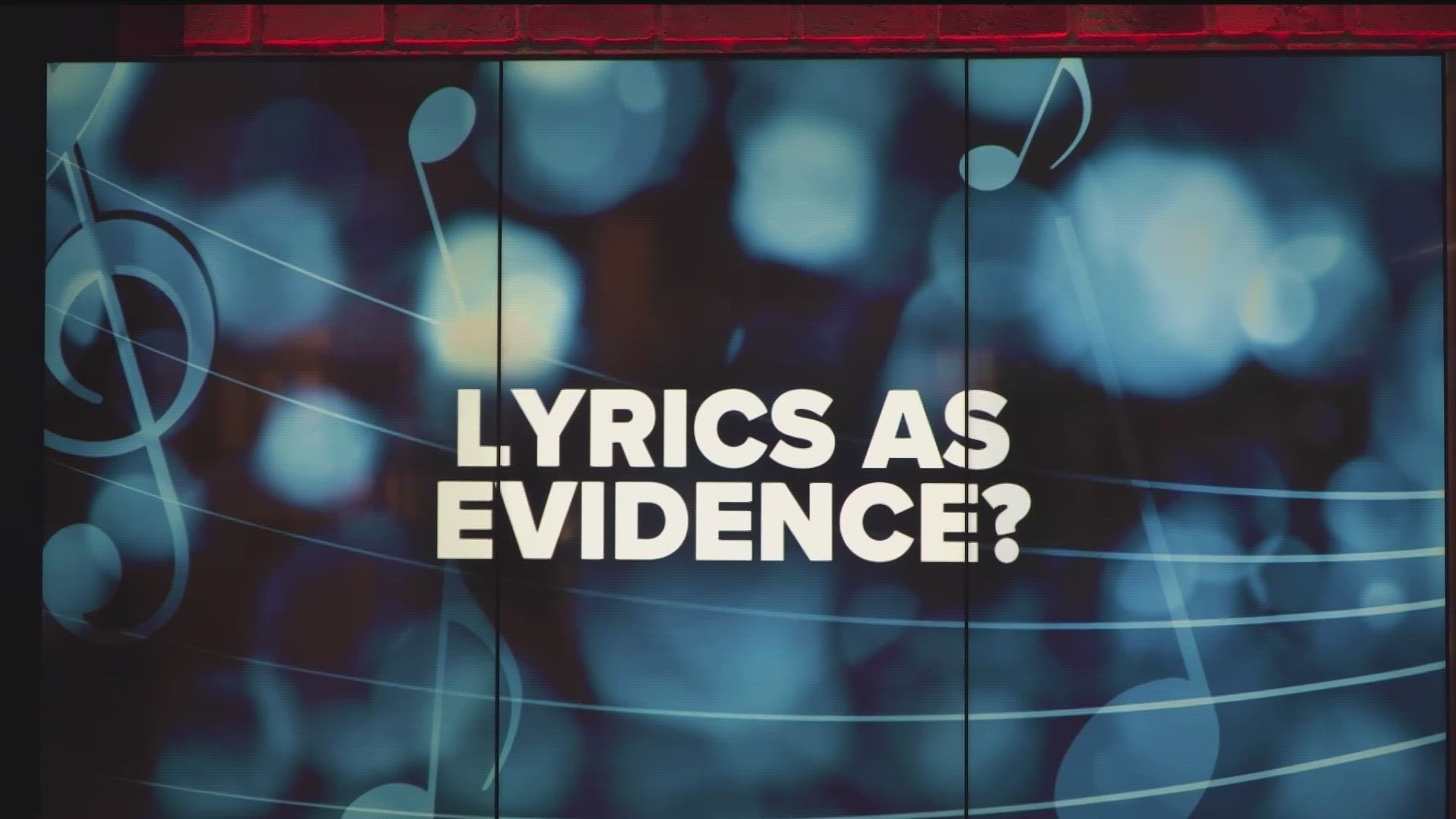ATLANTA — Atlanta City Council passed a resolution urging the Georgia General Assembly to revisit and "explicitly limit the use of rap lyrics as evidence in criminal trials."
This new resolution comes during the YSL RICO case involving rapper Young Thug, where music lyrics are part of the evidence against him. The resolution is meant to highlight concerns about using art as evidence. Critics say the criminal justice system misuses and misinterprets rap lyrics in prosecutions.
Prosecutors contend some artists involved in criminal activity boast about it in their music and that juries should get to decide whether it implicates them in crimes.
The use of rap lyrics in the ongoing YSL RICO trial and rapper YFN Lucci's pending RICO trial inspired the #protectBlackart movement -- a movement focused on "defend[ing] creative freedom and expression."
Backers of the resolution say they aim to promote fairness, prevent racial bias and safeguard artists in the Atlanta community, separating artistic expression from criminal activity.
“Our resolution is a significant step toward rectifying an issue that has disproportionately affected individuals within marginalized communities," Antonio Lewis, District 12 Councilmember, said. "We must protect the freedom of artistic expression while ensuring that evidence used in criminal trials is relevant, reliable, and does not perpetuate bias."
According to Atlanta City Council, other jurisdictions across the country have been proactive in limiting the use of rap lyrics in criminal trials.
"By urging the Georgia General Assembly to address this matter, we are fostering a more equitable and just criminal justice system for all,” said Councilmember Lewis.
In September 2022, California state lawmakers passed an admissibility of creative expressions bill.
This bill is dedicated solely to the "admissibility of creative expressions." It states that the bill intends so "courts can ensure that the use of an accused person’s creative expression will not be used to introduce stereotypes or activate bias against the defendant, nor as character or propensity evidence."

